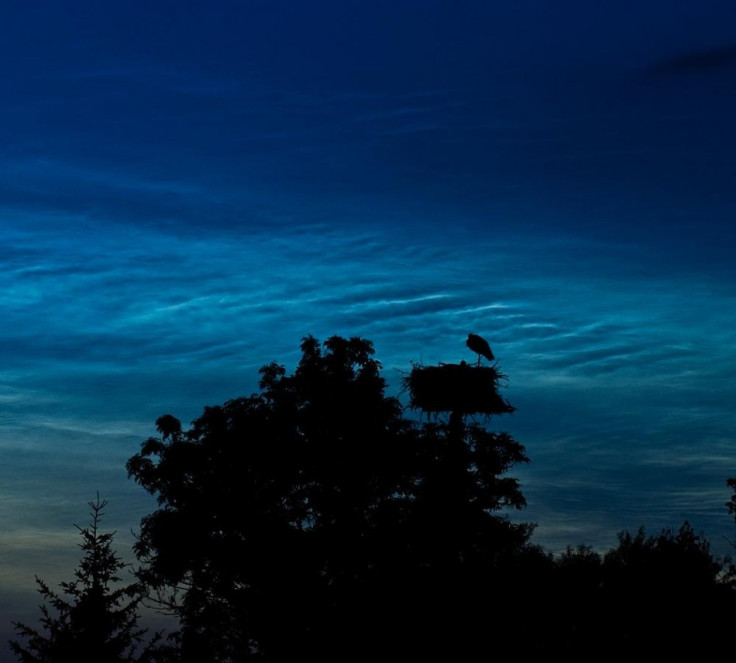UK Light Pollution Puts Health at Risk

Excess amounts of wasted artificial light pumped into Britain's skies are causing severe light pollution.
A survey by the Campaign to Protect Rural England (CPRE) and Campaign for Dark Skies (CfDS) annual Star Count Survey indicate that only around half of people can see 10 stars or fewer within the constellation of Orion.
Measurements at 1,000 locations revealed that only one in 10 could see between 21 and 30 stars. Just 2 percent had truly dark skies, seeing 31 or more stars.
Light pollution also reportedly causes lasting adverse effects on both human and wildlife health, according to the ayuthors of a report.
"In an environment where there is much artificial light at night there is much more opportunity for exposure of the retina to photons that might disrupt circadian rhythm," Richard Stevens from the University of Connecticut Health Centre said.
"It is not only 'night owls' who get those photons. Almost all of us awaken during the night for periods of time, and unless we have blackout shades there is some electric lighting coming in our windows. It is not clear how much is too much; that is an important part of the research now," he further mentioned.
Another report titled "The First World Atlas of the Artificial Night Sky Brightness" by the Royal Astronomical Society says two-thirds of the U.S. population and more than one-half of the European population have already lost the ability to see the Milky Way with the naked eye.
"Light pollution is a disaster for anyone trying to study the stars. It's like a veil of light is being drawn across the night sky, denying many people the beauty of a truly starry night. Many children growing up today will never see the Milky Way; never see the unimaginable glory of billions of visible stars shining above them," Bob Mizon, Campaign for Dark Skies Coordinator mentioned.
To counteract such adverse affects, the CPRE has welcomed the inclusion of the issue in the new planning reforms (National Planning Policy Framework) and recommended that local councils be encouraged to target light pollution by good design, planning policies and decisions to control lighting.
© Copyright IBTimes 2024. All rights reserved.





